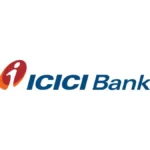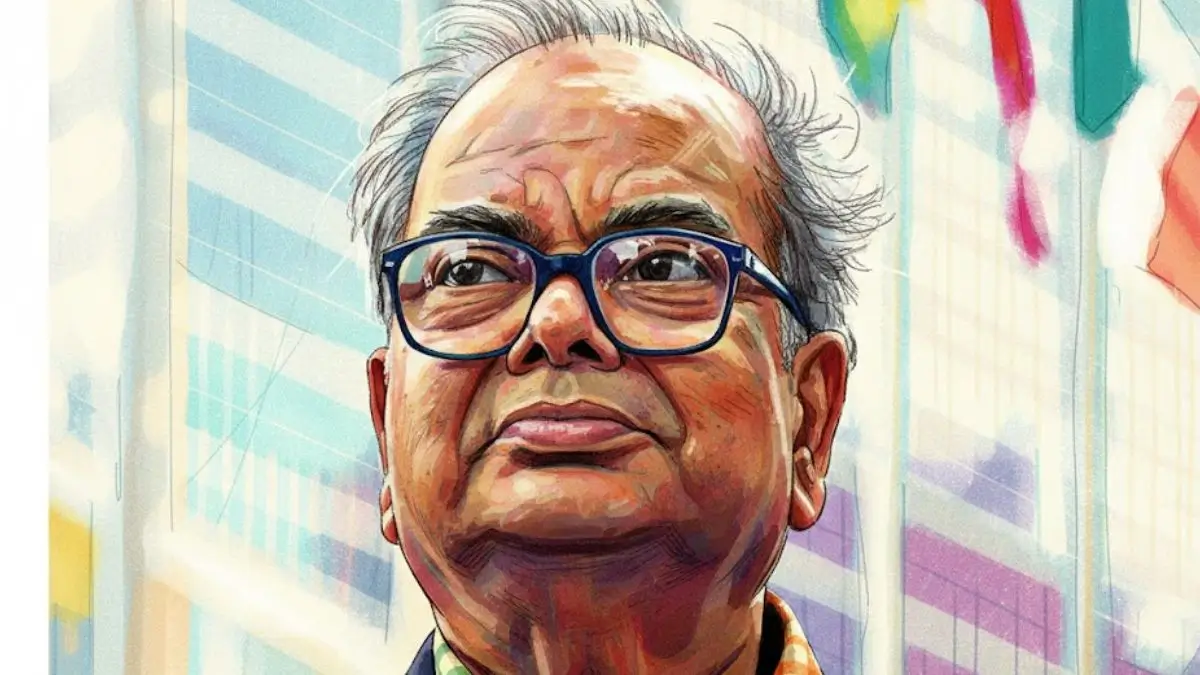SEBI Abolishes ₹1 Security Deposit Mandate for Public Issues
Introduction: SEBI’s Recent Decision on Security Deposit Mandate
The Securities and Exchange Board of India (SEBI) has recently abolished the mandate requiring a ₹1 security deposit for public issues in the Indian stock market. This significant move aims to streamline and simplify the process of public offerings, offering enhanced flexibility to market participants. SEBI’s decision is expected to benefit investors by removing the additional burden of securing a minimal amount for participating in public issues.
Impact of the Abolition on Market Participants
This regulatory change holds significant importance for investors, brokers, and other market intermediaries. Previously, the security deposit was a small but essential amount required from investors who participated in the public offering of shares. By removing this mandate, SEBI aims to encourage more investor participation and ease the overall process of raising capital through public issues.
Why SEBI Made the Move: Enhancing Investor Confidence
SEBI’s decision to abolish the ₹1 security deposit mandate aligns with its broader goal of fostering transparency and confidence within the Indian financial market. This regulatory update is intended to reduce the procedural complexity and make public issues more accessible to a wider pool of investors, thus promoting a more inclusive investment environment.
How the Change Affects Public Issue Processes
In the past, the ₹1 security deposit served as a basic requirement for investors to participate in public offerings. The removal of this condition not only makes the process more user-friendly but also aligns with global practices where similar mandates have been relaxed. This move is expected to facilitate quicker, smoother public issues and draw more retail investors into the market, which could result in better capital flow for businesses seeking to raise funds.

Why This News is Important
SEBI’s Role in Regulating Indian Financial Markets
The Securities and Exchange Board of India (SEBI) plays a pivotal role in regulating the securities market in India. By introducing this change, SEBI aims to make the public issue process more efficient, transparent, and investor-friendly. This will ultimately enhance the overall attractiveness of the Indian stock market, especially for retail investors who may have been previously deterred by additional formalities.
Impact on Retail Investors
Abolishing the ₹1 security deposit lowers the barrier for retail investors who wish to participate in public issues. By easing the entry into the market, SEBI is encouraging greater participation from a diverse group of investors, making capital markets more inclusive and accessible to the general public.
Investor Confidence and Market Liquidity
With this decision, SEBI is also focusing on improving market liquidity. A more straightforward public issue process could lead to more companies tapping into the market for capital, thus enhancing liquidity. Furthermore, as public issues become more accessible to retail investors, it is expected that investor confidence will rise, leading to stronger participation in the market.
Market Reforms for Better Business Growth
The abolition of the ₹1 deposit also signifies a broader movement towards simplifying business growth mechanisms. Public issues are often an essential way for companies to raise capital. With fewer procedural hurdles, businesses may find it easier to secure the funds they need to grow, which could have a positive impact on the overall economy.
Historical Context: SEBI and Financial Reforms in India
Background on SEBI’s Role in the Indian Financial System
Established in 1988 and granted statutory powers in 1992, SEBI has been at the forefront of regulating the securities market in India. The board was created to protect the interests of investors and ensure the orderly development of the securities market. Over the years, SEBI has introduced various reforms to improve market transparency, efficiency, and fairness.
Past Reforms and Their Impact
SEBI has previously implemented reforms such as the dematerialization of shares, establishment of the National Stock Exchange (NSE), and the introduction of electronic trading. These measures have been instrumental in modernizing the Indian securities market. The abolition of the ₹1 security deposit is in line with SEBI’s ongoing efforts to make the market more attractive for both institutional and retail investors.
Global Comparisons and SEBI’s Evolving Approach
Many international financial markets have moved towards reducing such formalities to promote investor participation. SEBI’s decision is part of India’s efforts to keep pace with global best practices, ensuring that its market remains competitive and investor-friendly.
Key Takeaways from “SEBI Abolishes ₹1 Security Deposit Mandate for Public Issues”
| Serial No. | Key Takeaway |
|---|---|
| 1 | SEBI has abolished the ₹1 security deposit requirement for public issues. |
| 2 | This change aims to make public offerings more accessible to retail investors. |
| 3 | SEBI’s decision is in line with efforts to simplify the public issue process. |
| 4 | The move is expected to enhance market liquidity and investor confidence. |
| 5 | The decision aligns with global practices to foster more inclusive financial markets. |
Important FAQs for Students from this News
1. What is SEBI’s recent decision regarding the ₹1 security deposit for public issues?
SEBI has abolished the ₹1 security deposit mandate for public issues, making it easier for investors to participate in public offerings without the need to pay a minimal amount upfront.
2. How does SEBI’s decision affect retail investors?
Retail investors will benefit from this change as it reduces the barriers to entry for public issues. Without the ₹1 security deposit, the process becomes more accessible, encouraging greater participation from individual investors.
3. Why was the ₹1 security deposit mandated for public issues in the past?
Previously, the ₹1 security deposit was intended as a basic requirement for investors to secure their participation in public offerings. It acted as a safeguard for both investors and market regulators.
4. How does this change affect the public issue process in India?
The removal of the ₹1 security deposit simplifies the public issue process. This move is expected to reduce procedural complexity, allowing for faster and more efficient capital-raising mechanisms for businesses.
5. Does this change make India’s stock market more competitive internationally?
Yes, by aligning with global best practices, SEBI’s move to abolish the security deposit makes India’s capital markets more competitive, encouraging investor participation and fostering greater liquidity in the market.
Some Important Current Affairs Links

















